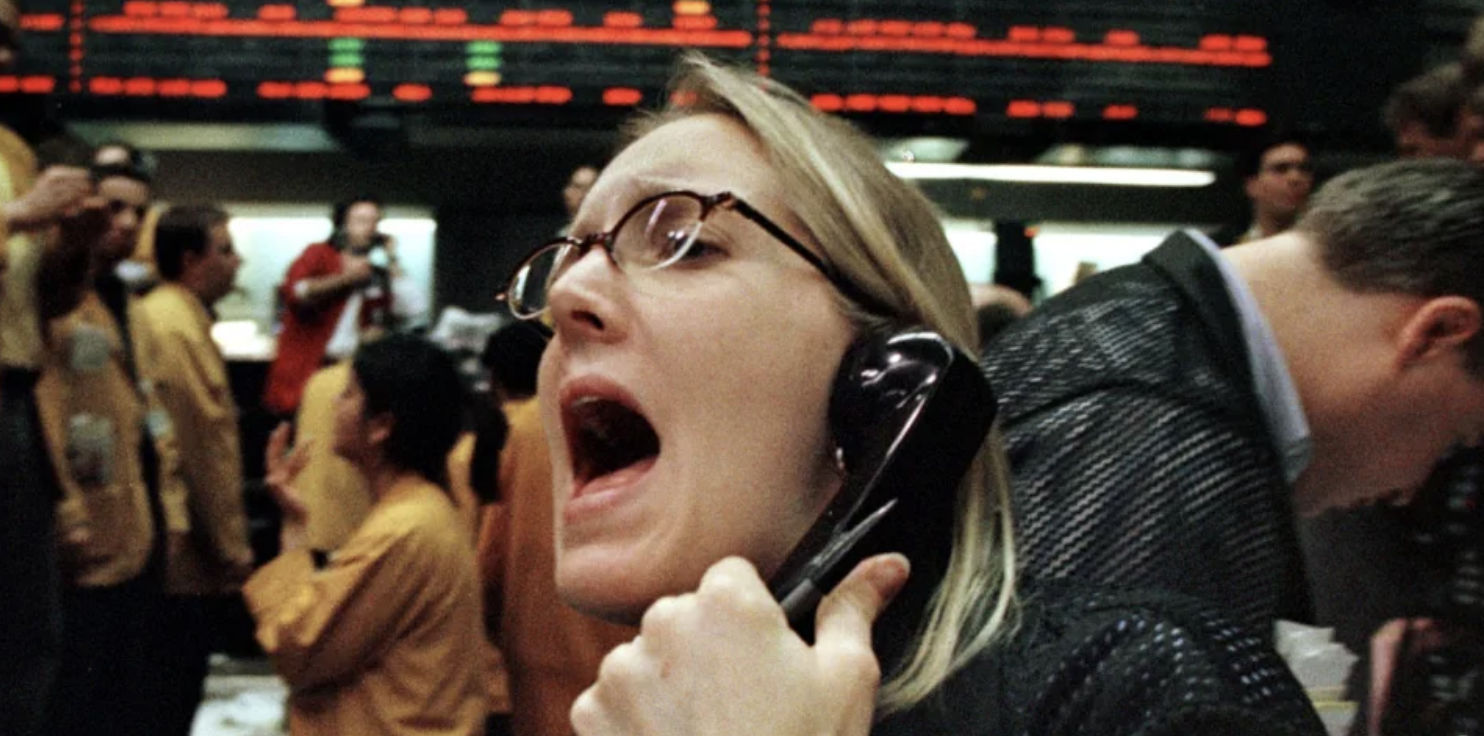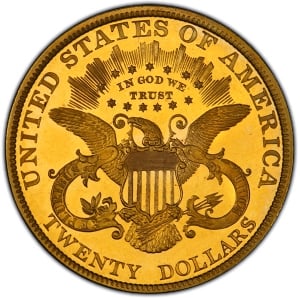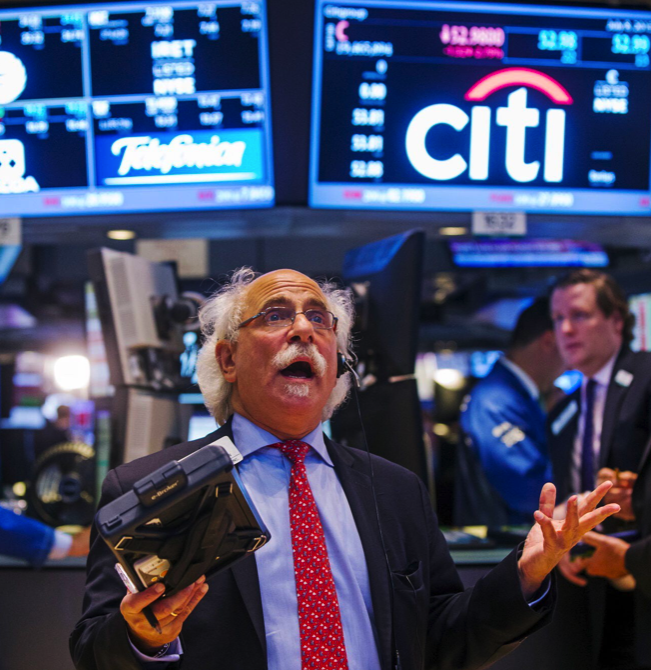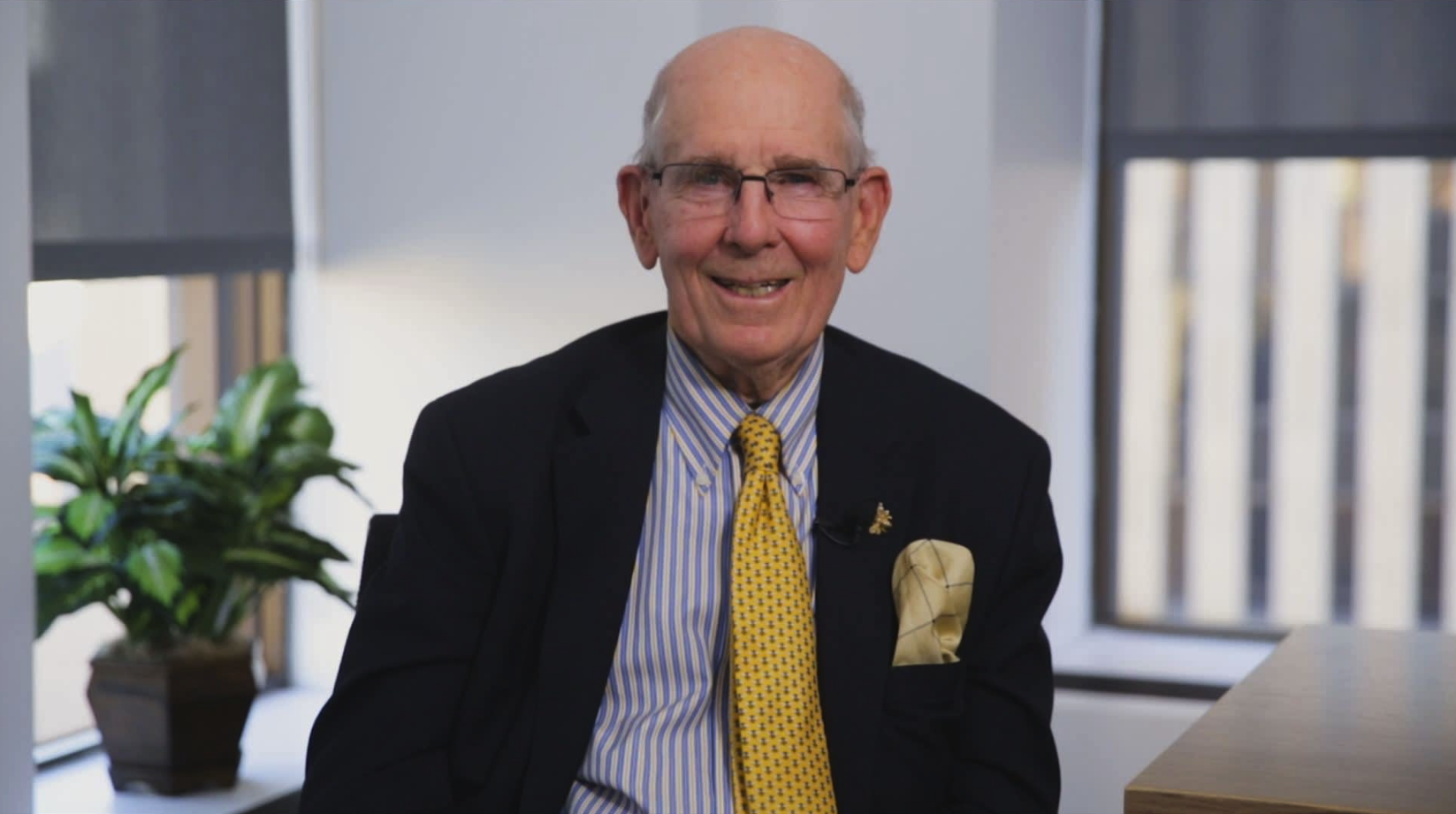Business Insider: 'Magnificent 7' mania is like the dot-com bubble, setting up stocks to slump and recession to strike by summer, veteran wealth advisor says

-
The "Magnificent Seven" stocks remind one wealth advisor of the dot-com bubble in tech names.
-
Ted Oakley expects the stock market to slump and a recession to hit within six months.
-
Warren Buffett's record cash pile and recent stock sales should worry investors, he says.
A longtime wealth advisor has compared the Big Tech boom to the dot-com bubble — and predicted the stock market will slump and a recession will strike within the next six months.
"Everybody's piled into these same equities so that's where the damage will probably come," Ted Oakley, the managing partner and founder of Oxbow Advisors, said during a recent episode of the "Thoughtful Money" podcast. "I think the worst part will be ahead of us here over this next one or two quarters."
"The worst part of any sell-off is always the last part — that's where they take everybody apart, they take the generals, and they take the sergeants," he added, meaning even the market's highest fliers won't be spared from the pain ahead.
Oakley, a 40-year veteran of the wealth-advisory industry, noted that virtually all of the S&P 500's return this year has stemmed from the "Magnificent Seven" stocks, which include Tesla and Nvidia. He likened the current buzz about artificial intelligence, a key driver of their ascent this year, to the breathless hype around the internet in the late 1990s and early 2000s.
"When you get in these bubbles like this, and everybody's jammed in the same thing, you know that's going to be a problem eventually," he said, describing the fanfare around a mere seven stocks as a setup for "disaster."
Oakley underscored that it's extremely rare for the stocks which lead the market higher in one cycle to repeat that feat in subsequent ones. He also flagged that higher interest rates have boosted the yields from safer assets like Treasuries and cash, eroding the appeal of stocks. Moreover, he pointed to Warren Buffett's Berkshire Hathaway reporting a record $157 billion cash pile and being a net seller of stocks last quarter as evidence the stock market is overheated.
"That tells me they don't have anything to buy, or they would have already bought it," he said. "People need to watch those sorts of things," he continued, noting that Buffett waited until the financial crisis took hold in late 2008 before he went on a deal-making spree.
Oakley said that stocks, houses, and other assets have surged in price due to the historic amount of government spending since the pandemic. A recession hasn't hit yet because the flood of money is still working its way through the system, he said.
However, the double-whammy of inflation and higher interest rates has raised the cost of food, fuel, rent, and other essentials for many Americans, and increased the monthly payments they owe on their credit cards, car loans, mortgages, and other debts. As a result, household demand and the wider economy are headed for trouble, Oakley said.
"We just see so many things that are declining, and this idea that the consumer is great, we don't agree with," he said.
Commentators ranging from from Elon Musk and "The Big Short" investor Michael Burry to Citadel's Ken Griffin, bond billionaire Bill Gross, and veteran economist David Rosenberg have issued similar warnings about the health of American consumers as they weather steeper living costs and more onerous debts.




